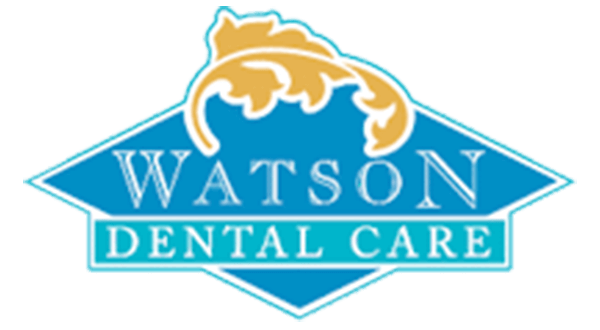
“I Will Always Continue My Oral Care With Dr. Sangalang “
At Watson Dental Care, we pride ourselves on being a top family dentist in Orlando, FL. We offer comprehensive patient care to patients of all ages, making our dentist your family’s one-stop shop for all dental needs. From your little one’s first dentist visit to adult exams, our team is here to care for your oral health.
Our care is centered around your needs, offering a wide range of services all in one place. From routine checkups to fluoride treatments, our experienced team provides personalized care to help keep your family’s smiles healthy and bright.
Let Watson Dental be your partner in maintaining beautiful, healthy smiles for your whole family in Orlando, FL.
General dentistry plays a vital role in maintaining your oral health and preventing serious dental issues from developing. Regular dental visits allow us to monitor your teeth and gums, catching problems like cavities, gum disease, or enamel erosion before they become more severe.
Routine exams and professional cleanings help maintain a healthy smile, reduce the risk of costly treatments, and promote overall well-being, as oral health is closely linked to overall health. By keeping up with your dental visits, you can enjoy a lifetime of strong, beautiful teeth and avoid the discomfort and complications that arise from neglecting your oral care.

We provide comprehensive dental exams and cleanings to help you maintain optimal oral health and prevent future dental issues. During your exam, we thoroughly assess your teeth, gums, and overall oral health, often using advanced imaging to detect potential problems early.
Our professional cleanings remove plaque, tartar, and surface stains, making your teeth smooth and refreshed. These routine visits are essential for preventing cavities and gum disease and ensuring your smile stays healthy and bright.
A dental emergency can happen anytime, anyplace. Because of this, we offer emergency dentistry services to help treat sudden oral health issues, such as toothaches or knocked-out teeth.
As an emergency dentist, we offer immediate, expert dental care when you most need it. If you need emergency dentistry near Orlando, FL, our skilled dental team is well-versed in handling various dental emergencies.
Dental crowns and bridges are two restorative dentistry procedures that can repair and restore teeth. Dental crowns, also called dental caps, are tooth-shaped “caps” placed over a tooth to restore its shape, size, strength, and appearance.
Dental bridges bridge the gap between two healthy teeth where one or more teeth are missing. If you need a top-notch dentist who offers crowns and bridges near Orlando, FL, Watson Dental Care is the right dentist for you!
A cavity filling is a composite resin used to repair a tooth or multiple teeth damaged by decay. During a dental filling, our dentists will remove the decayed area and thoroughly clean it, then fill the cavity created by removing it.
Fillings are a top general dentistry treatment, as they can help protect teeth from future decay and completely restore them from damage. If you are searching for a quality family dentist who offers cavity fillings near Orlando, FL, our team would be happy to help!
